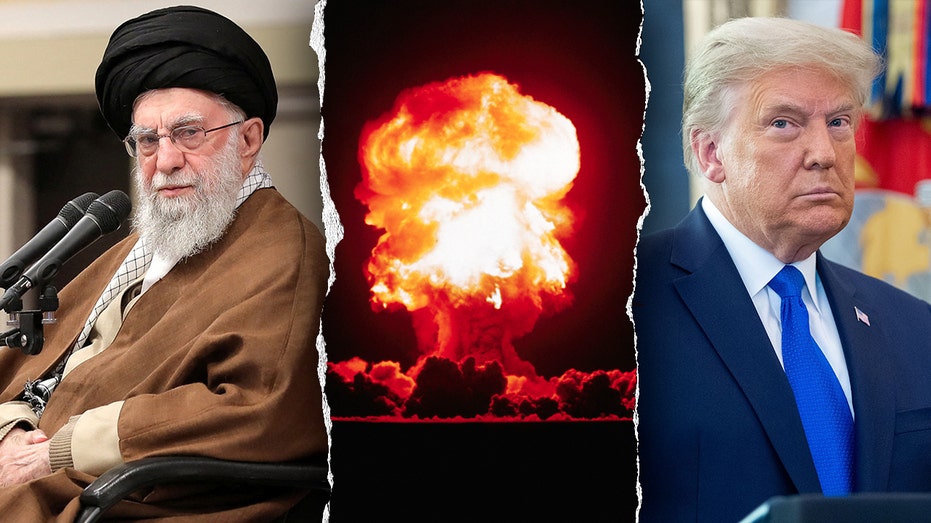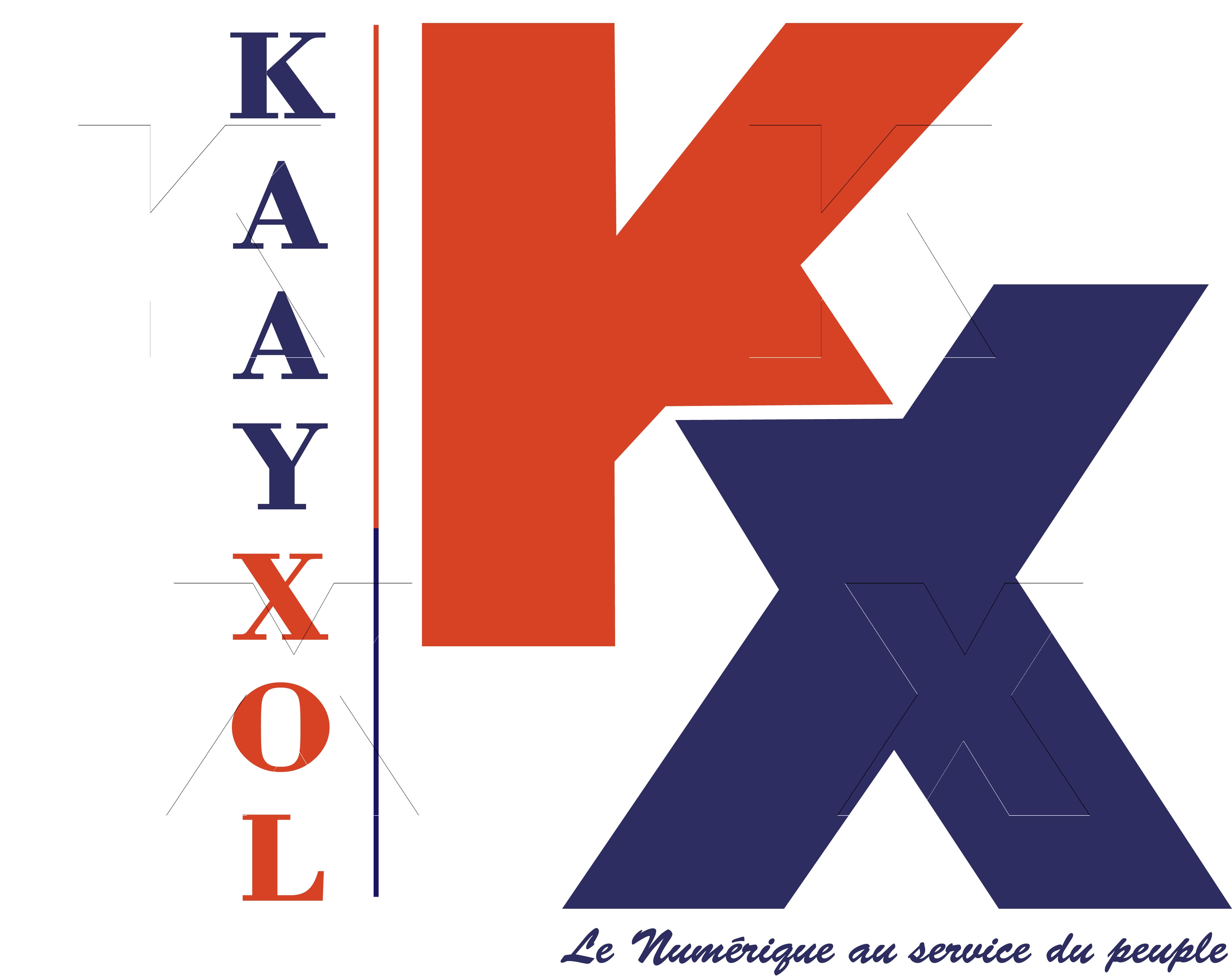Notifications
All
-
 Everywhere
Everywhere

Posted by - support -
on - 7 hours ago -
Filed in - Society -
-
5 Views - 0 Comments - 0 Likes - 0 Reviews

The U.S. and Iran have agreed to meet for a third round of talks later this week in Muscat, Oman, after they met in Italy with Omani intermediaries to discuss Iran’s nuclear program on Saturday.
Details of the negotiations have not been released and any concrete progress in ending Iran’s nuclear program remains unclear, though a senior administration official told Fox News that "very good progress" had been made.
"Today, in Rome, over four hours in our second round of talks, we made very good progress in our direct and indirect discussions," the official said Saturday. "We agreed to meet again next week and are grateful to our Omani partners for facilitating these talks and to our Italian partners for hosting us today."
TRUMP SAYS IRAN MUST DITCH ‘CONCEPT OF A NUCLEAR WEAPON’ AHEAD OF MORE TALKS
Reports suggested that Middle East envoy Steve Witkoff and Iranian Foreign Minister Abbas Araghchi at some point in the negotiations spoke face-to-face, the second time in as many weeks.
But the negotiations have not solely been "direct" between Washington and Tehran as President Donald Trump earlier this month insisted they would be, which Iran flatly rejected – suggesting some form of compromise was reached regarding the format of the discussions.
What Witkoff discussed directly with his Iranian counterpart remains unknown.
Araghchi also expressed some optimism in his review of the negotiations from Italy, though his perspective appeared slightly more muted.
"Relatively positive atmosphere in Rome has enabled progress on principles and objectives of a possible deal," he wrote in a post on X. "We made clear how many in Iran believe that the [Joint Comprehensive Plan of Action] JCPOA is no longer good enough for us. To them, what is left from that deal are ‘lessons learned.' Personally, I tend to agree."
COL. RICHARD KEMP DOUBTS TRUMP NEGOTIATIONS WITH IRAN WILL ‘ACHIEVE WHAT NEEDS TO BE ACHIEVED’
"The initiation of expert level track will begin in coming days with a view to hammer out details," Araghchi said. "After that, we will be in a better position to judge. For now, optimism may be warranted but only with a great deal of caution."
It remains unclear how this round of negotiations to end Iran’s nuclear program will differ from the original JPCOA, an Obama-era nuclear deal which Trump abandoned during his first term, though the president and other security experts have voiced a sense of urgency in finding a solution in the very near future.
But according to retired Gen. Jack Keane, a Fox News senior strategic analyst, many security experts are watching these negotiation attempts with "real concern" because "Iran in 2025 is not the Iran in 2015 when that first nuclear deal was made."
"The difference is that Iran has the capability to manufacture advanced centrifuges which can enrich uranium from zero to weapons grade in just a matter of weeks," Keane said.
Essentially, this means the U.S. must not only persuade Iran to get rid of its near-weapons-grade enriched uranium – enough to produce five nuclear weapons if further enriched – but also dismantle its manufacturing capabilities.
"The other thing that is different in 2025 – they have ballistic missiles that can deliver the weapon," Keane added. "It remains to be seen what’s going to be in the deal."

